Publications
Articles, publications, books, tools and multimedia features from the U.S. Institute of Peace provide the latest news, analysis, research findings, practitioner guides and reports, all related to the conflict zones and issues that are at the center of the Institute’s work to prevent and reduce violent conflict.
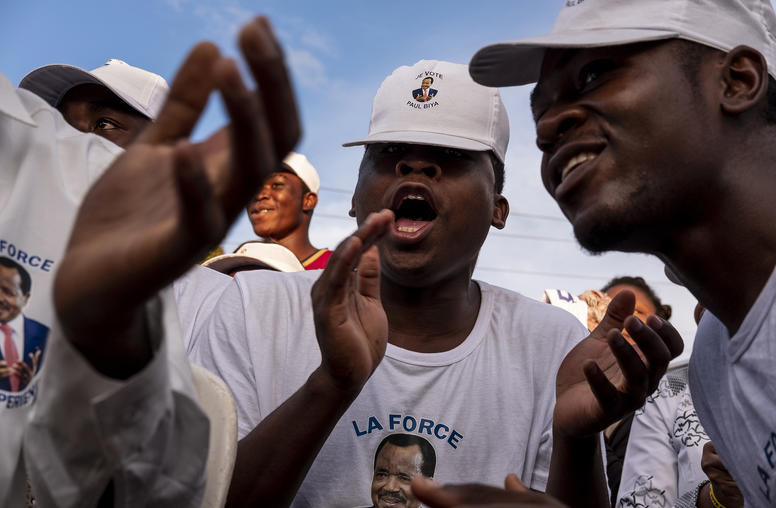
After Election, Cameroon’s Governance Crisis Continues
Eighty-five-year-old Paul Biya, president of Cameroon since 1982, was sworn in for his seventh term in office on November 6, after complaints arising from multiple allegations of electoral irregularities in polls held a month earlier were dismissed by Cameroon’s constitutional court. An intercommunal crisis in Cameroon has seen violence increase substantially since 2017, and the conduct of these elections—which saw a partial boycott—has added to grievances. In this analysis of the official election results, USIP’s Aly Verjee and Jude Mutah examine the data, and discuss the prospects for Cameroon after the election.
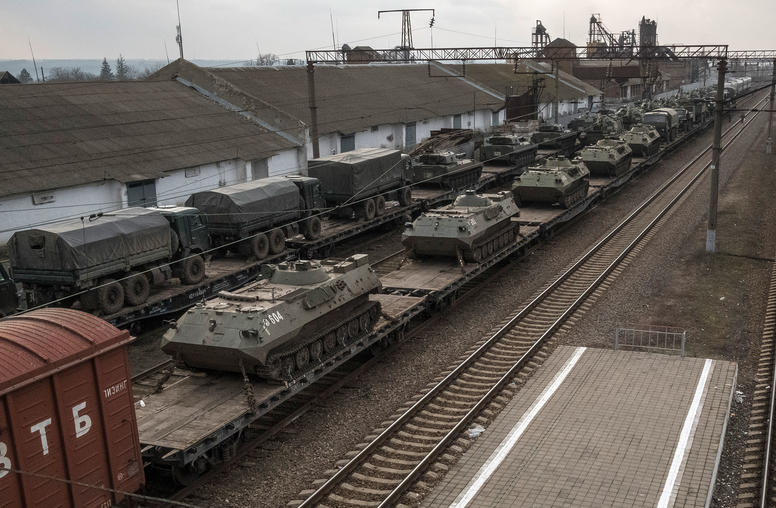
How Putin’s Invasion of Ukraine Affects the Rest of Russian Foreign Policy
USIP’s Heather Ashby, Jude Mutah, Andrew Scobell and Mona Yacoubian examine how the invasion of Ukraine might have shifted Moscow’s decision-making in other regions — such as Syria, the Sahel and China.
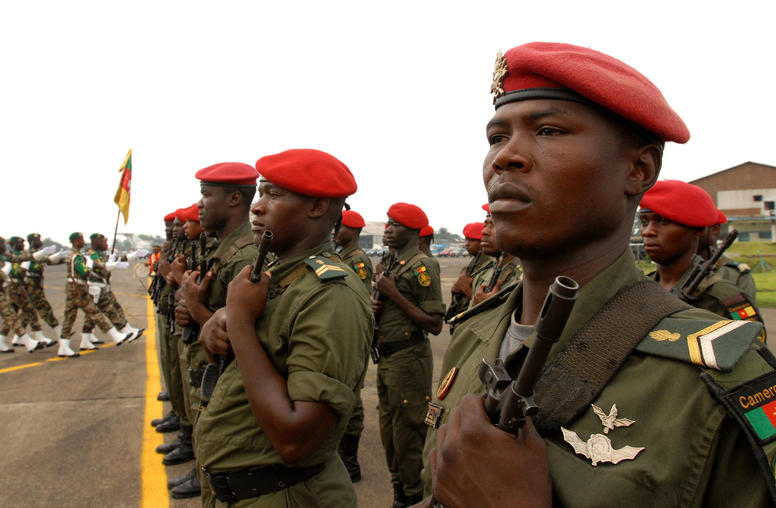
Cameroon’s Anglophone Uprising: A Crisis Overlooked
The African nation of Cameroon has lived for years between the fires of civil warfare—in Nigeria to the west and the Central African Republic to the east. But the authoritarian regime of President Paul Biya for years has suppressed peaceful and moderate dissidence, violating citizens’ human rights with impunity, helping ignite an armed conflict with members of Cameroon’s anglophone minority.
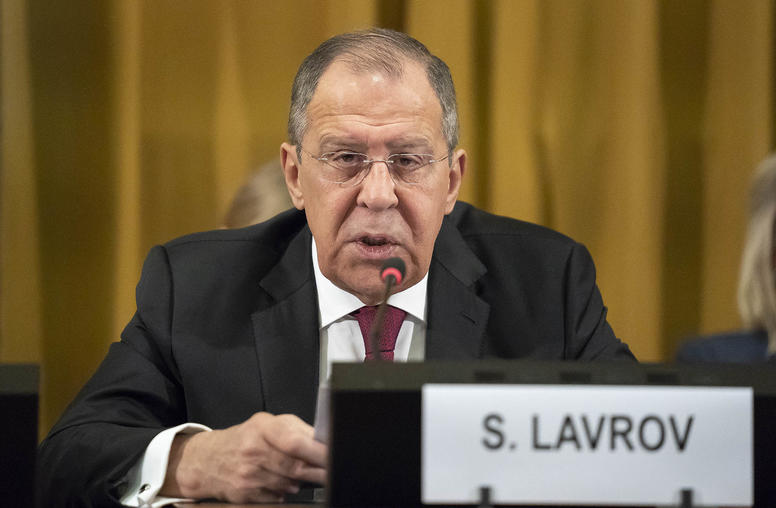
Amid War in Ukraine, Russia’s Lavrov Goes on Diplomatic Offensive
As Russia’s unprovoked and illegal war against Ukraine enters its seventh month, the Russian government continues its diplomatic offensive to prevent more countries from joining international condemnation and sanctions for its military aggression. Between July and August, Russia’s Foreign Minister Sergey Lavrov traveled to Egypt, Ethiopia, Uganda, the Republic of Congo, Myanmar and Cambodia — the last as part of the Association of Southeast Asian Nations (ASEAN) Foreign Ministers’ Meeting. This tour represented an evolving reorientation of Russian foreign policy from Europe to the Global South that has accelerated since Russia’s first invasion of Ukraine in 2014.
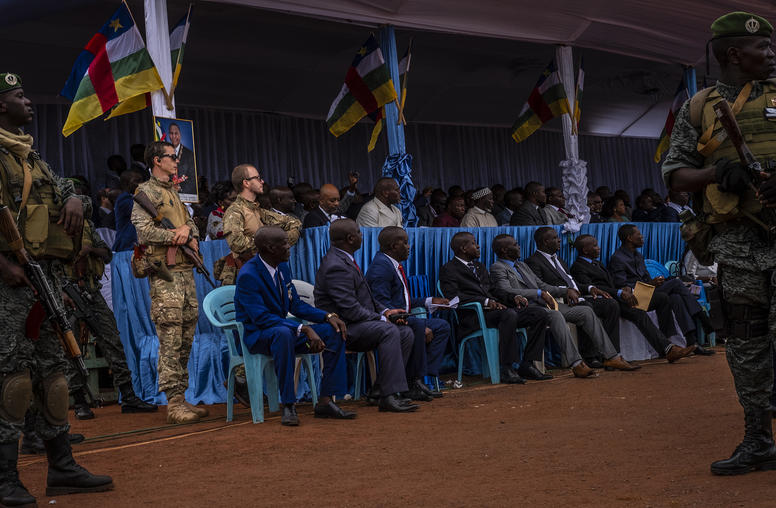
What Russia's Invasion of Ukraine Means for African Governments
As Russia’s war in Ukraine advances into its second month, the conflict’s effects continue to ripple across the world. In Africa, the conflict is upending long-term trends across the continent and eliciting mixed reactions from governments. As increased sanctions push the Kremlin to further explore relationships with countries outside of Europe and the United States, African countries are currently left with impending shortages in food and financing for energy projects. While some see this as an opportunity to build economic capacity from within the continent, others have opened the door for the Russian government to re-shape its approach toward Africa.

Heather Ashby on How African Countries Have Reacted to Russia’s War in Ukraine
As Russia’s war in Ukraine unfolds, USIP’s Heather Ashby says the United States should “keep an eye on Russia’s security partnerships with [African] countries” and pay close attention to “whether the rise in fuel prices or food scarcity trigger any type of unrest” on the continent.
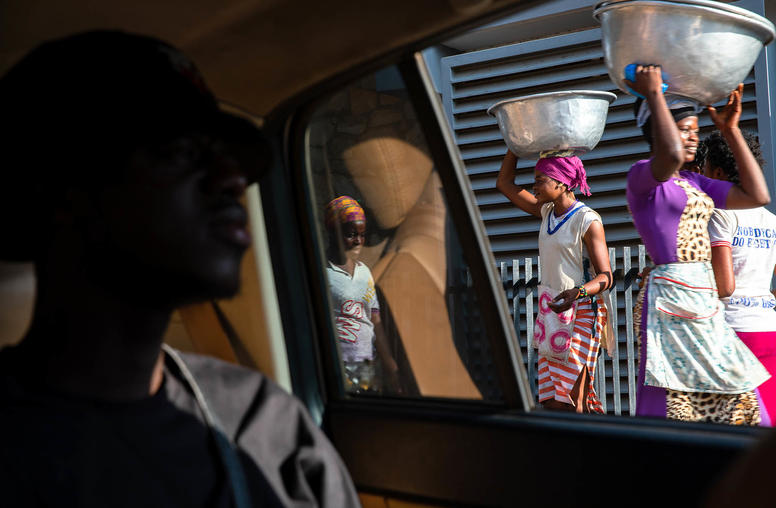
Coastal West Africa Senior Study Group Final Report
The countries of Coastal West Africa are currently facing significant challenges to peace and security as extremist violence spills over from the neighboring Sahel region. Attacks in 2022 in the northern parts of Benin, Côte d’Ivoire, and Togo illustrate the immediacy and gravity of the threat, and governments across the subregion are grappling with protecting fragile communities in the north, addressing porous borders that facilitate attacks from neighboring states, and building the capacity of security forces to address the threat.
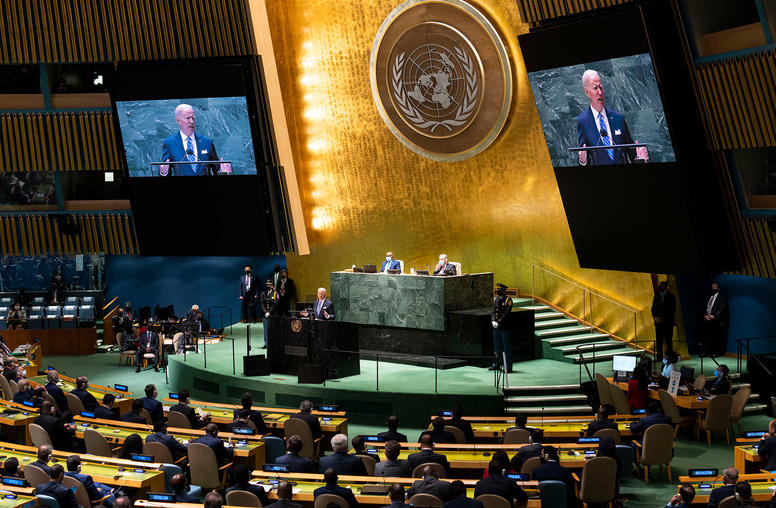
On Ukraine, Africa Needs a Clearer U.S. Message
As democracies rally to defend an international rules-based system against Russia’s brutal attack on Ukrainians, the United States should forge an alliance with African partners by committing with them now to resolve the Ukraine crisis in a way that makes that system fairer and more inclusive. One early step is for U.S. and other policymakers to highlight the core of this conflict: The 44 million Ukrainians are fighting to govern themselves freely within their internationally recognized borders — a cause that is viscerally real to billions of people across Africa and the “global south.”